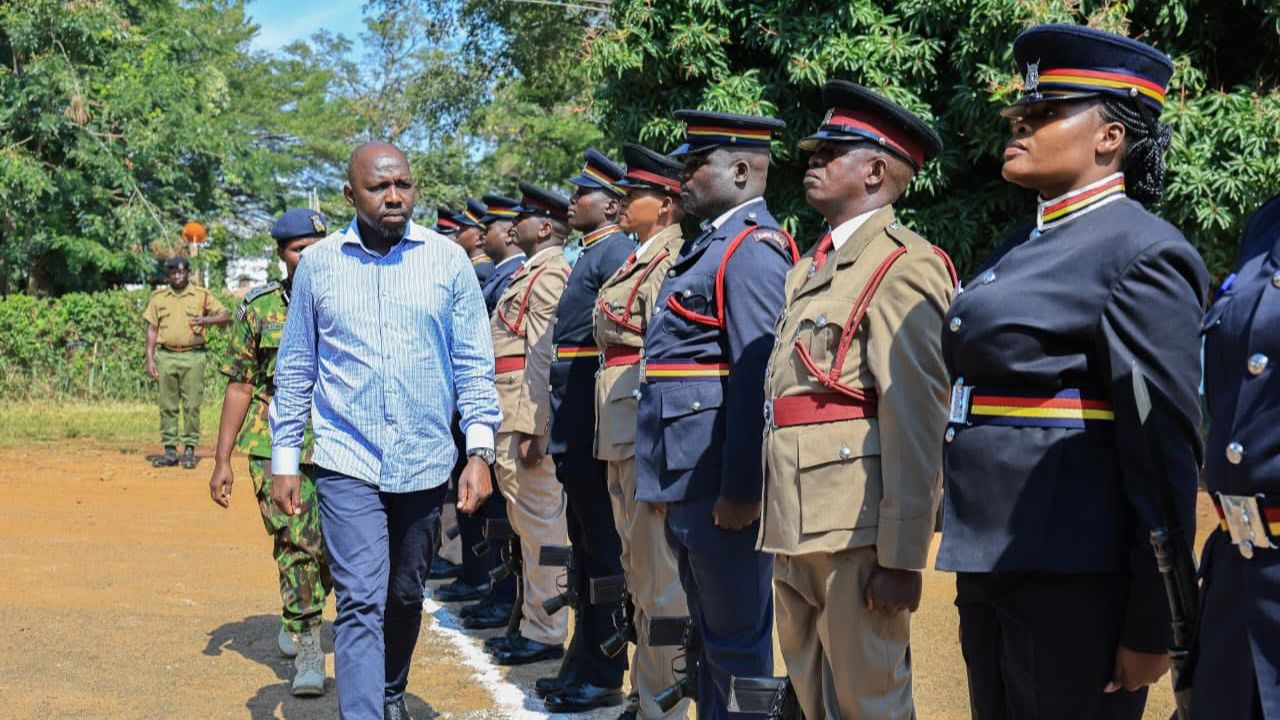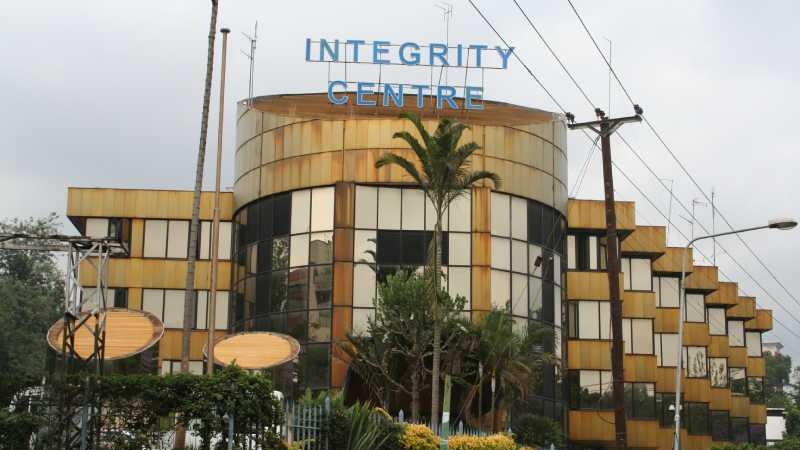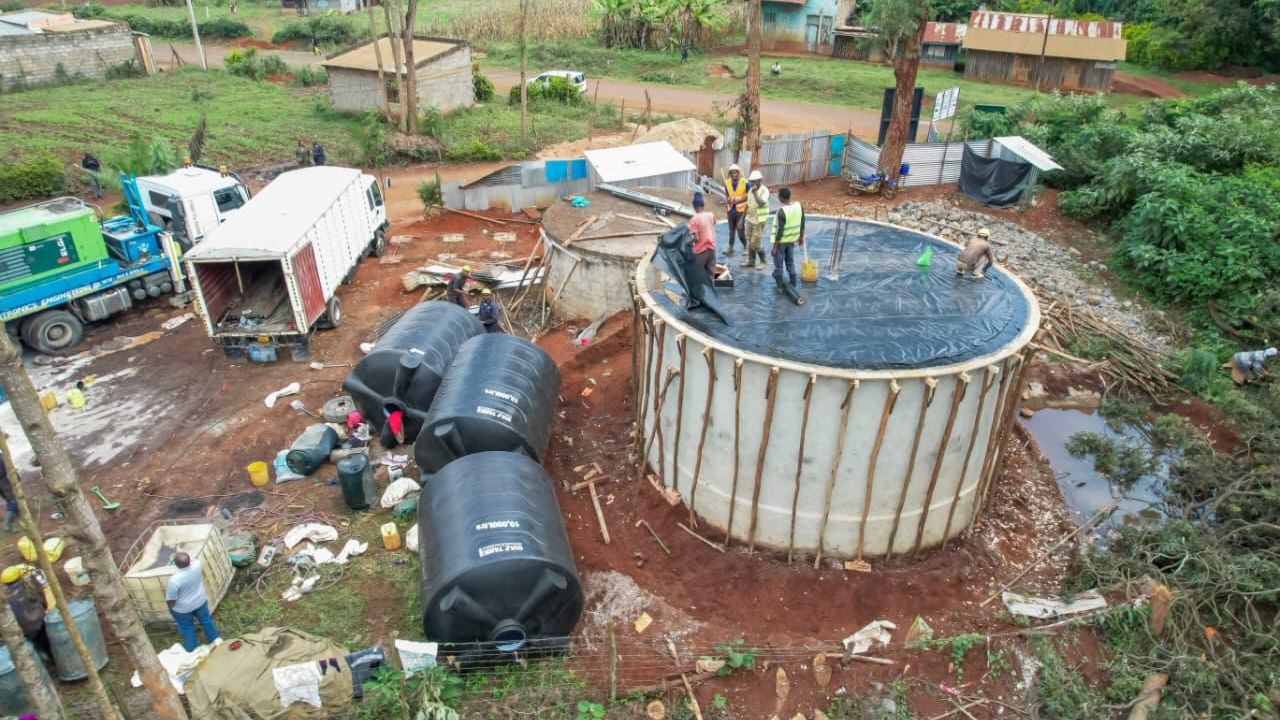Saboti MP Caleb Amisi has explained why the National Assembly often struggles to act on the Auditor General’s report.
In an interview on Thursday, September 18, the MP pointed to systemic and structural challenges within government operations as the reason.
Amisi said the process leaves MPs with little room to thoroughly review financial records.
"Audits are conducted three months after the close of the financial year. With 200 parastatals, how can Parliament realistically review all their audited accounts within that period?
"Moreover, Parliament goes on recess from December to February, meaning that effectively, the reviews can only take place from March when it is back in session," he said.
Read More
At the same time, Amisi noted that the introduction of digital systems, which were expected to streamline government services, have in some cases created new loopholes.
"While centralization and digitization were meant to improve efficiency, they have, in some cases only centralized corruption. For instance, the e-Citizen platform is a centralized system, yet despite the revenues collected, funds are missing," he added.
Amisi also faulted the government’s electronic procurement system, saying it has excluded citizens who lack internet access.
"The e-GP system has marginalized a section of society that doesn't have access to the internet since participation in government tenders now requires being on the system," he further said.
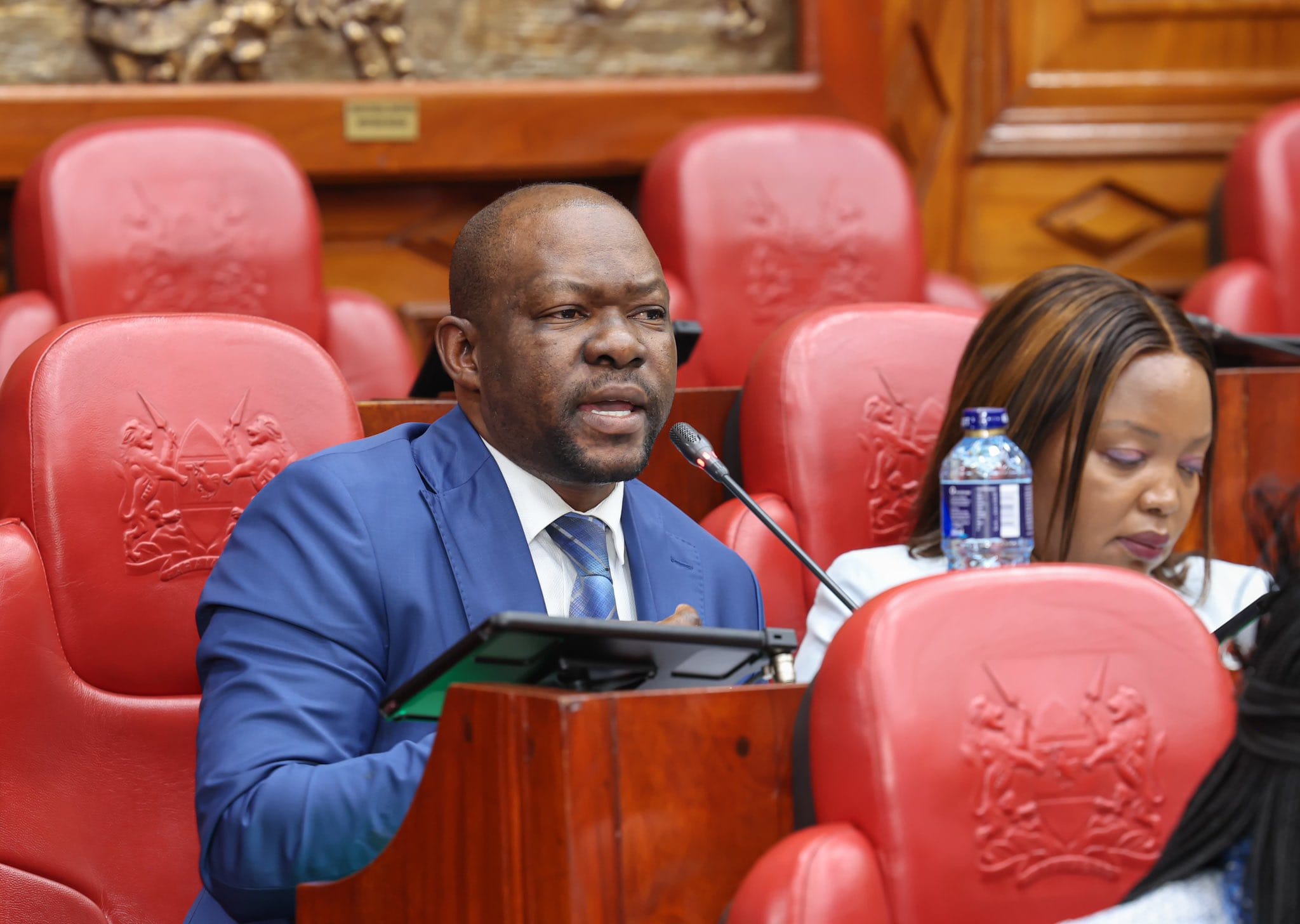
On the e-GP system, the High Court recently issued temporary orders halting the government’s directive requiring all public entities to exclusively use the platform in tendering processes.
In his ruling on Monday, September 8, Justice Bahati Mwamuye suspended the implementation of a circular by the Cabinet Secretary for the National Treasury and Economic Planning together with the Public Procurement Regulatory Authority (PPRA), which had made the use of e-GP mandatory.
"A conservatory order be and is hereby issued staying the decision of the Cabinet Secretary - National Treasury & Economic Planning and the Public Procurement Regulatory Authority's Circular No. E04/2025 which required the mandatory use of the Electronic Government Procurement System [e-GPS] by all Public Procurement Entities," the ruling read.
Mwamuye further directed that procurement processes remain open to both electronic and manual submissions.
"A conservatory order be and is hereby issued requiring that all Public Procurement Entities shall comply with Section 77(1) of the Public Procurement and Disposal Act in that submission of tender documents shall be in writing and in either electronic or manual form; and such submissions shall comply with the other requirements of Section 77 generally and subsection (1) in particular," the ruling added.
Mwamuye ruled that the suspension is temporary and will remain in force until Wednesday, October 15, unless extended by the court.
"The Conservatory Orders under (1), (2), and (3) above shall lapse at end of day on 15/10/2025 unless otherwise extended," the ruling added.
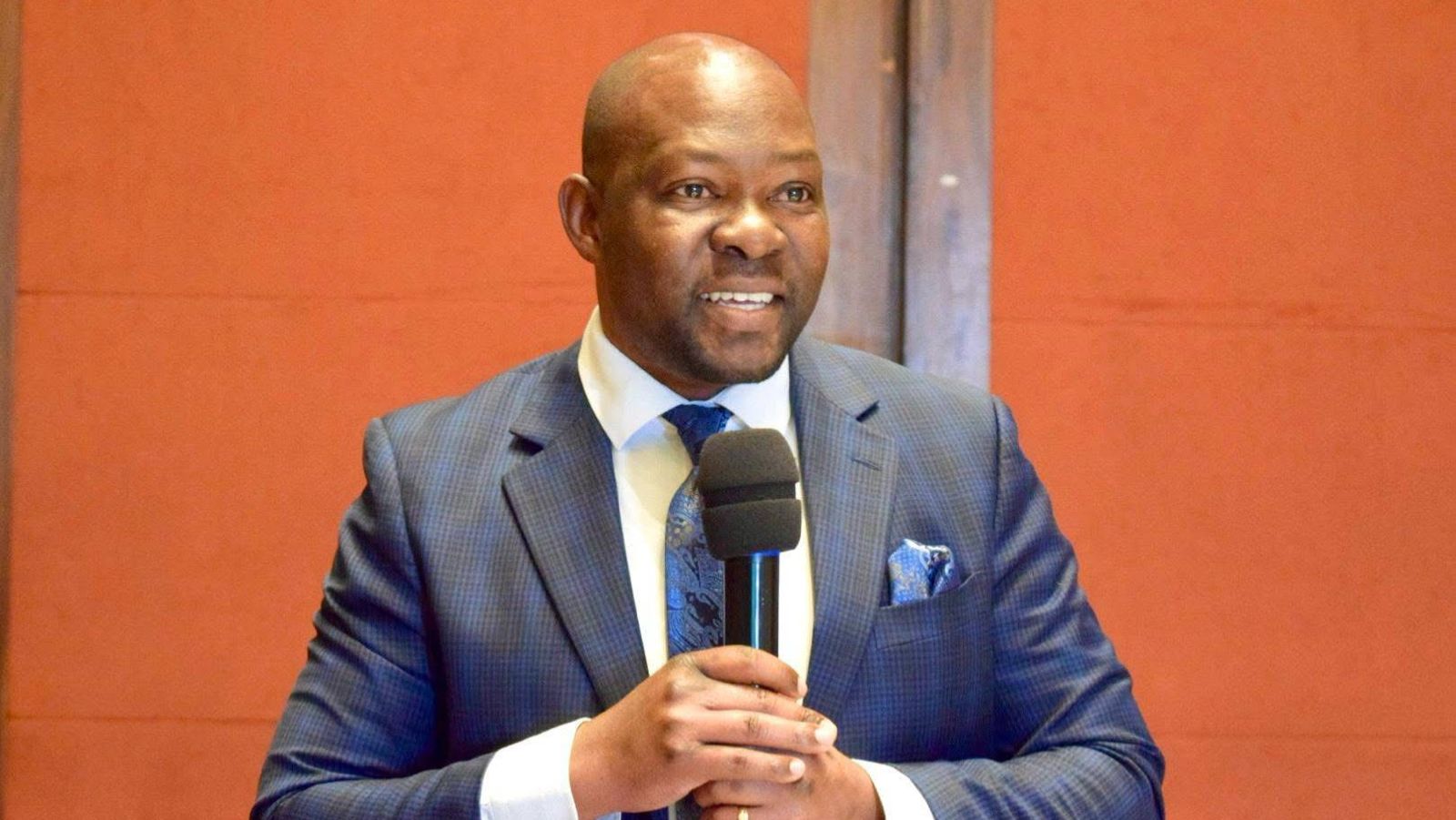

-1758187716.jpg)
